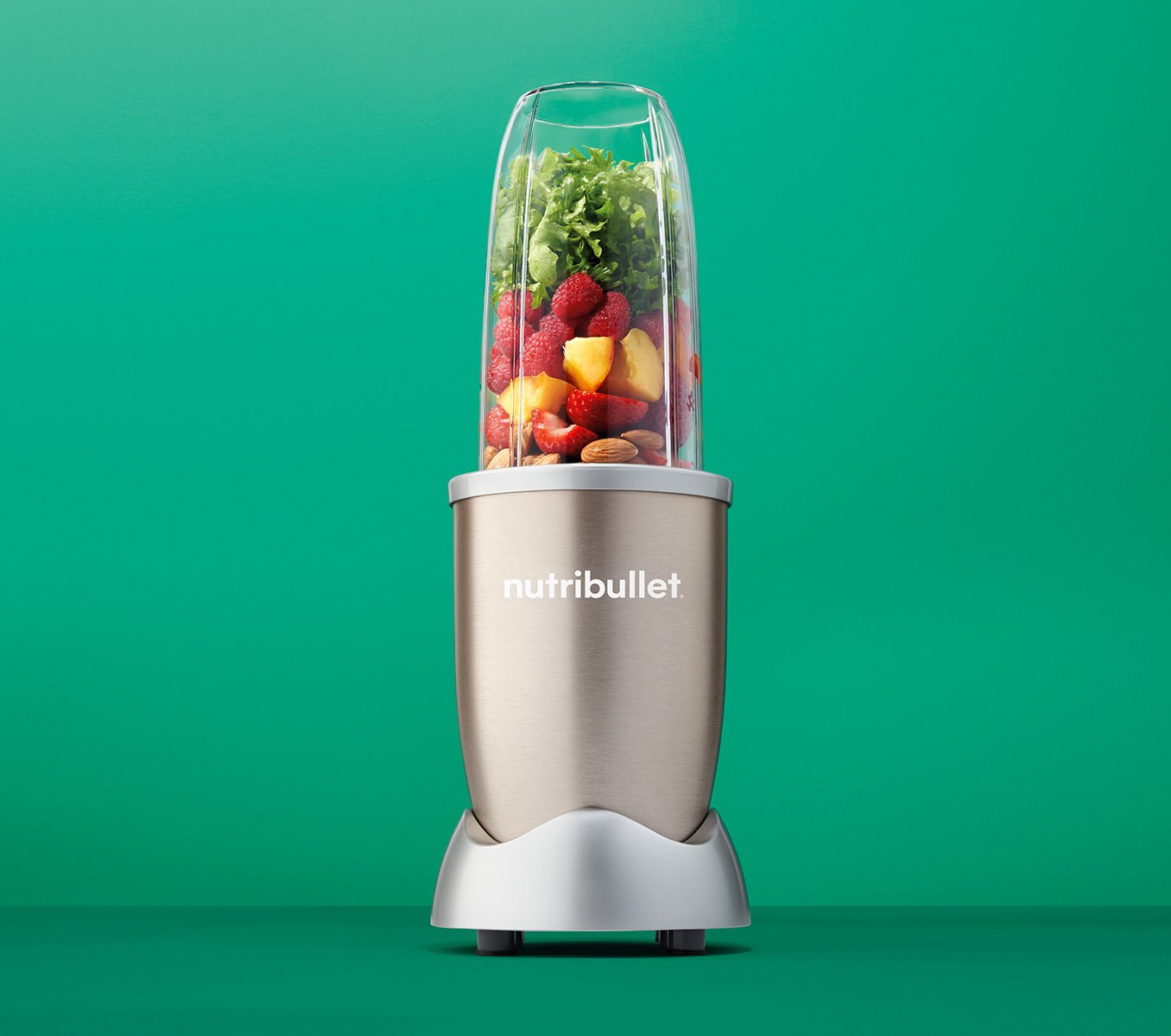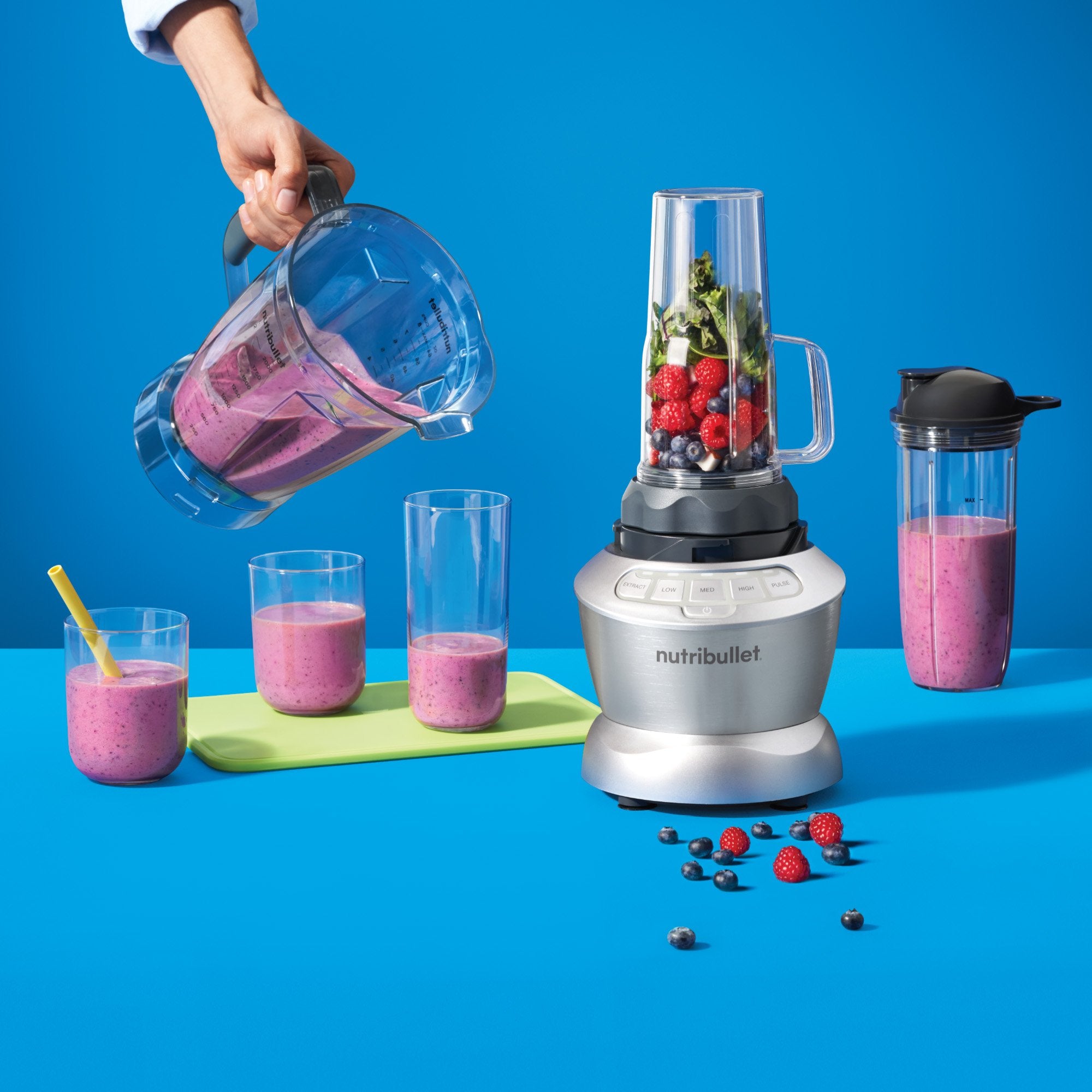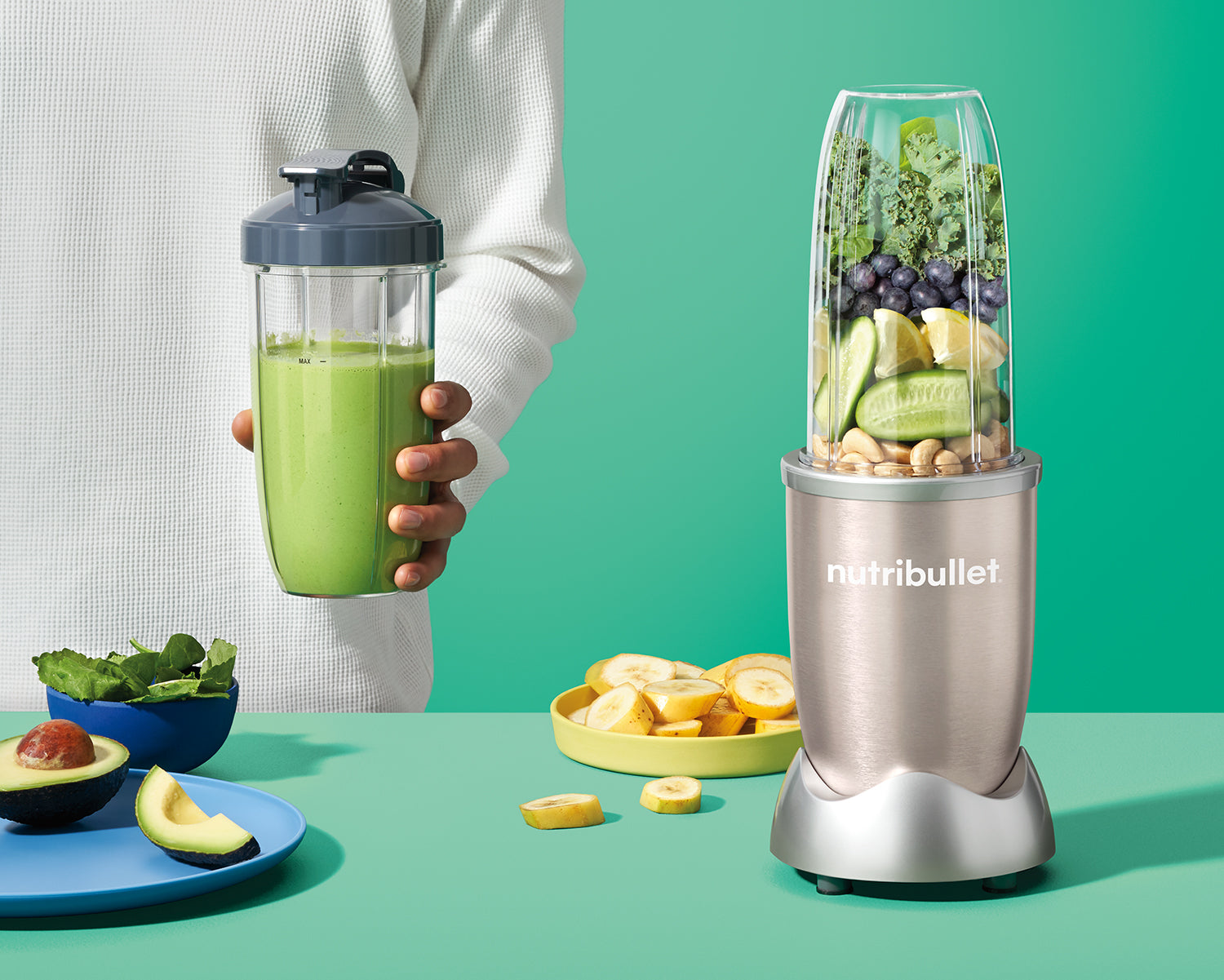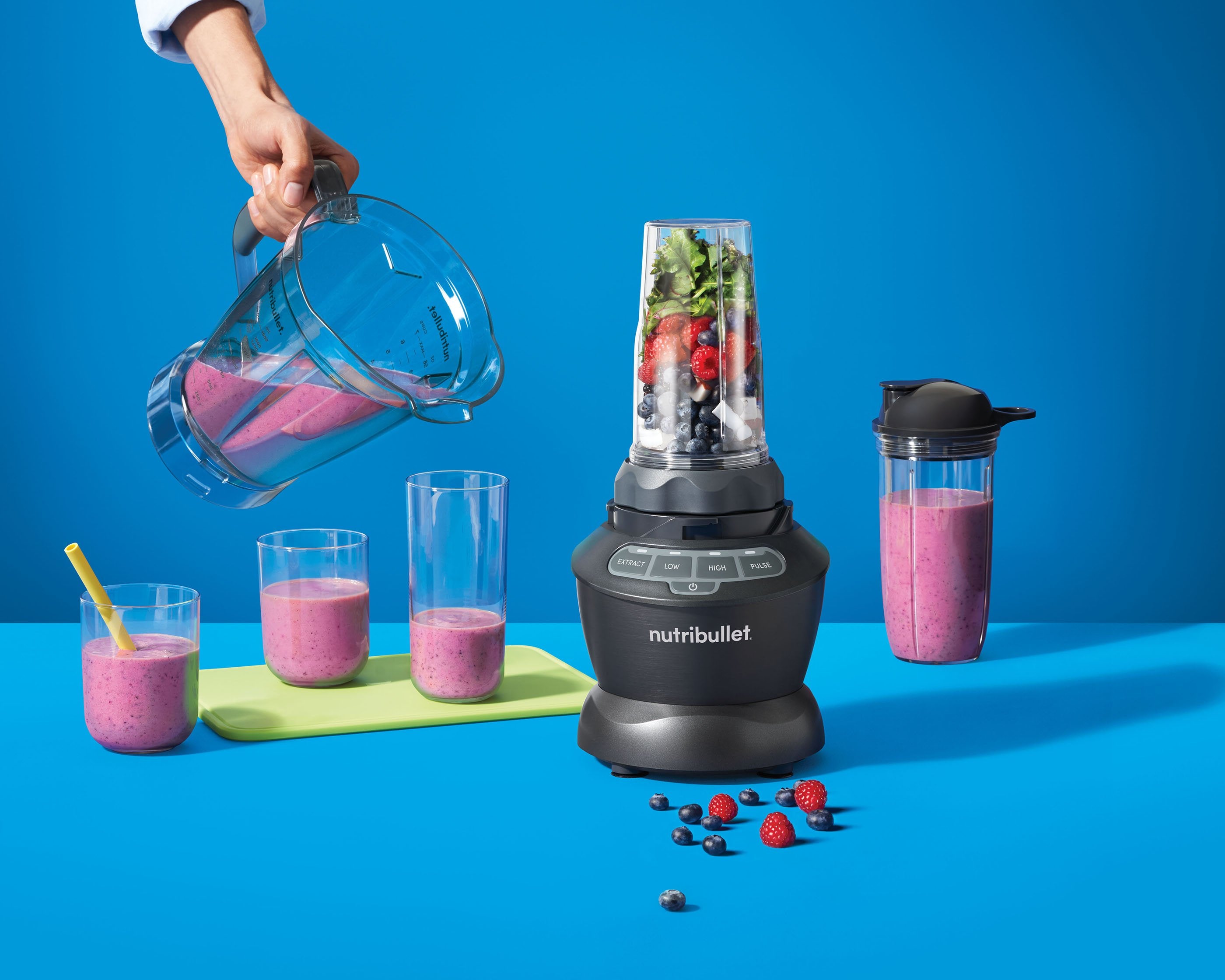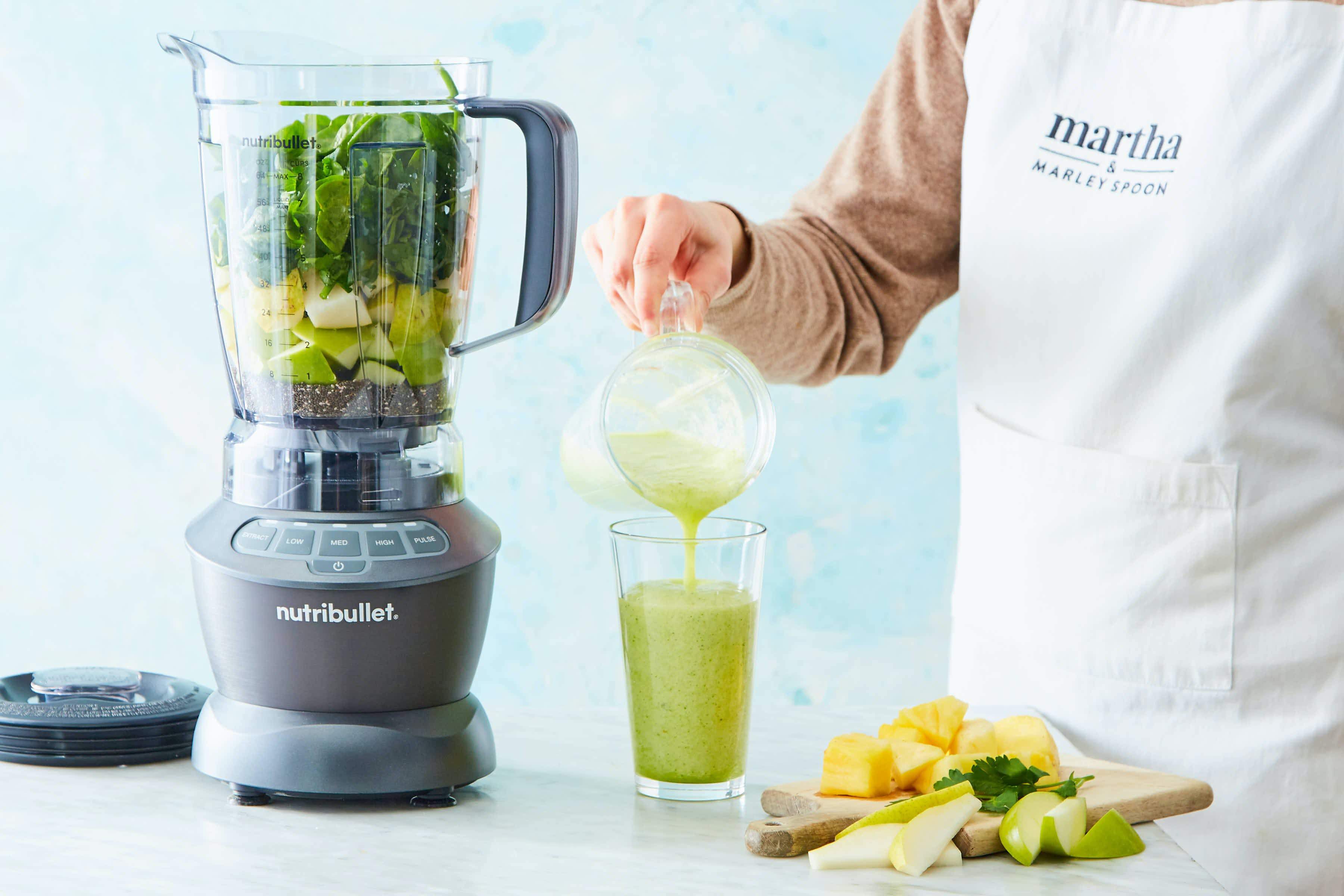Are you afraid coconut oil, with all its saturated fat, is creating more harm than good?
The reality is, cholesterol is not black and white. Classifying it as “good” or “bad” vastly oversimplifies this molecule, which, among its duties, helps synthesize vitamin D and hormones while maintaining cell structure.
Some fats do raise cholesterol, whereas others lower cholesterol. Even when saturated fat does raise your cholesterol, the type of cholesterol becomes more important than cholesterol itself.
As a doctor, I tell patients that abnormal cholesterol can become a problem when it is small dense LDL particles, accompanied by high triglycerides. In fact, small LDL particles actually triple your risk of heart disease. This is caused by high-carb, low-fat diets and is improved when you add fat back to the diet, including saturated fat.
Studies show saturated fat raises LDL (your so-called “bad” cholesterol) but it improves the quality of the LDL and increases its size, making it less likely to promote heart disease. It also raises HDL (“good” cholesterol). On the other hand, sugar lowers HDL. Ultimately, the ratio of total to LDL cholesterol and particle number and size is a far bigger predictor of heart attacks than LDL itself.
That brings us back to coconut oil, which can contain up to 40 percent saturated fat. Interestingly, countries with the highest intakes of coconut oil have the lowest rates of heart disease.
While research shows coconut oil contains higher amounts of saturated fat and does increase total cholesterol, those amounts do not increase your heart attack or stroke risk.
In fact, one study among lean, heart disease- and stroke-free Pacific Islanders, who consumed up to 63 percent of their calories from coconut fat, found that total cholesterol rose but so did their “good” HDL.
Other studies found lipid profiles improve with high-fat diets containing coconut oil. Researchers concluded it wasn’t saturated fat from coconuts that negatively impacted cholesterol profile. Instead, the coconut oil’s overall effect raised HDL while lowering triglycerides and small LDL cholesterol particles, which is definitely a good thing.
Coconut oil provides other benefits such as lowering insulin levels and protecting against heart disease. The predominant fatty acid in coconut oil is lauric acid, which provides antimicrobial, antibacterial and antiviral benefits.
There is a huge difference between quality saturated fat in coconut oil or MCT oils, as compared with what you get in a fast food cheeseburger. Lumping them all together becomes like putting cauliflower and a cupcake under the carbohydrate category.
Don’t be afraid of saturated fat, but get it from healthy sources like coconuts and grass-fed beef, which automatically edges out unhealthy sources.
And total cholesterol is not an accurate predictor of heart disease or stroke. Inflammation is the culprit for most diseases, and coconut oil may contain anti-inflammatory properties.
Combine healthy fats with a no-added-sugar diet and you have an effective strategy to normalize cholesterol while reducing your risk for heart disease, obesity, type 2 diabetes and numerous other chronic conditions. Eliminating refined carbs and sugar and adding adequate omega 3 fats means saturated fat should not be a problem.
In one interventional trial, researchers showed even on a low-carb diet that was higher in saturated fats, blood levels of saturated fat were lower. That’s because dietary saturated fats do not raise dangerous blood saturated fats – sugar and refined carbs do! They also found people on a higher saturated-fat diet had lower levels of inflammation and oxidative stress, as well as a better cholesterol profile.
Other studies confirm that carbs worsen blood levels of the even-chain saturated fats, which can cause heart disease. These carbs drive your liver to create more fat in your blood in a process called lipogenesis, triggered by alcohol, soda, sugar-sweetened drinks, starches and sugars. Whole, healthy-fat foods like butter, meat or cheese do not increase this process.
Note, too, that recent U.S. Dietary Guidelines finally stopped recommending lowering cholesterol and total dietary fat, though they do recommend no more than 10 percent calories from fat. In fact, the new guidelines don’t emphasize any limit on total dietary fat or cholesterol, which is a complete reversal on governmental advice from 35 years ago. Better late than never!
Nutritional information
Recipe: Creamy Green Strawberry Dream Serving in this recipe:1
- Calories: 236.6
- Total Fat: 3.6 g 5.5%
- Saturated Fat: 0.4 g 1.9%
- Cholesterol: 0 mg 0%
- Sodium: 358.7 mg 14.9%
- Total Carbs: 45.7 g 15.2%
- Dietary Fiber: 9.9 g 39.4%
- Sugar: 22.1 g
- Protein: 8.1 g 16.2%
- Vitamin A: 481.9% Vitamin C: 244.1%
- Calcium: 68.5% Iron: 26.1%
* Percent Daily Values are based on a 2,000 calorie diet. Your daily values may be higher or lower depending on your calorie needs.

